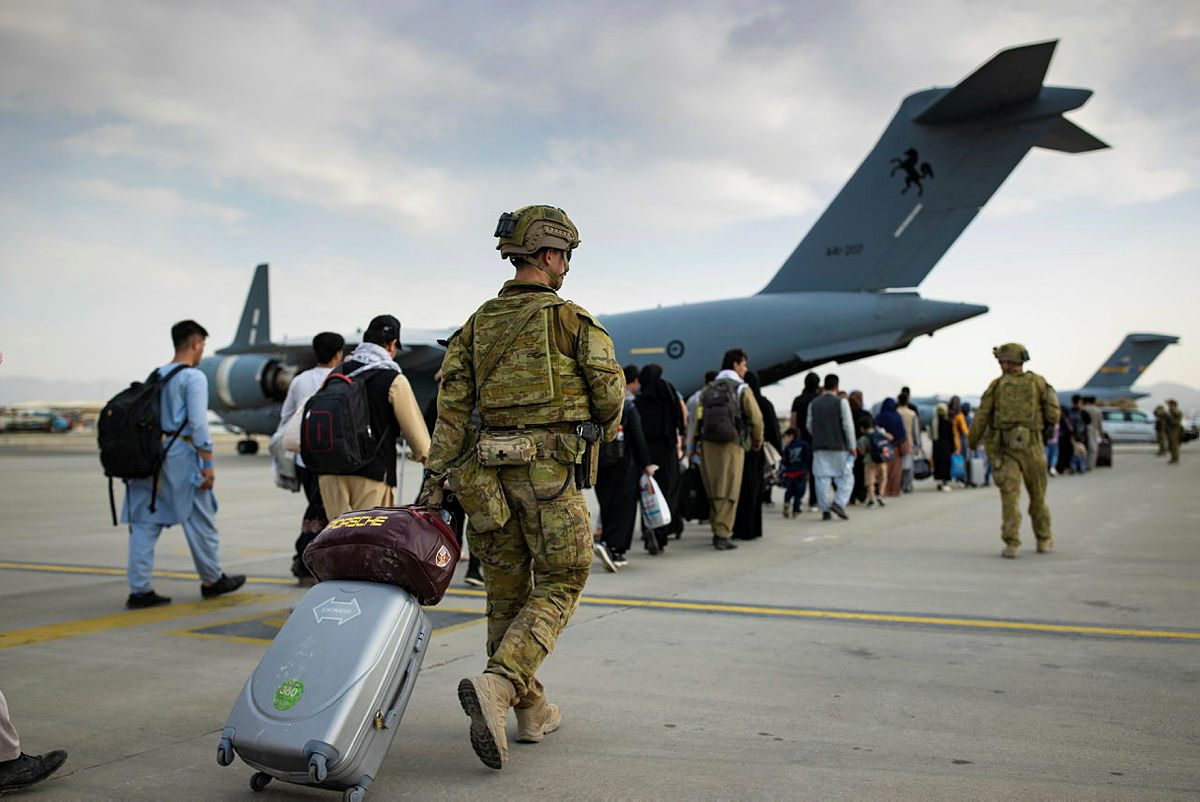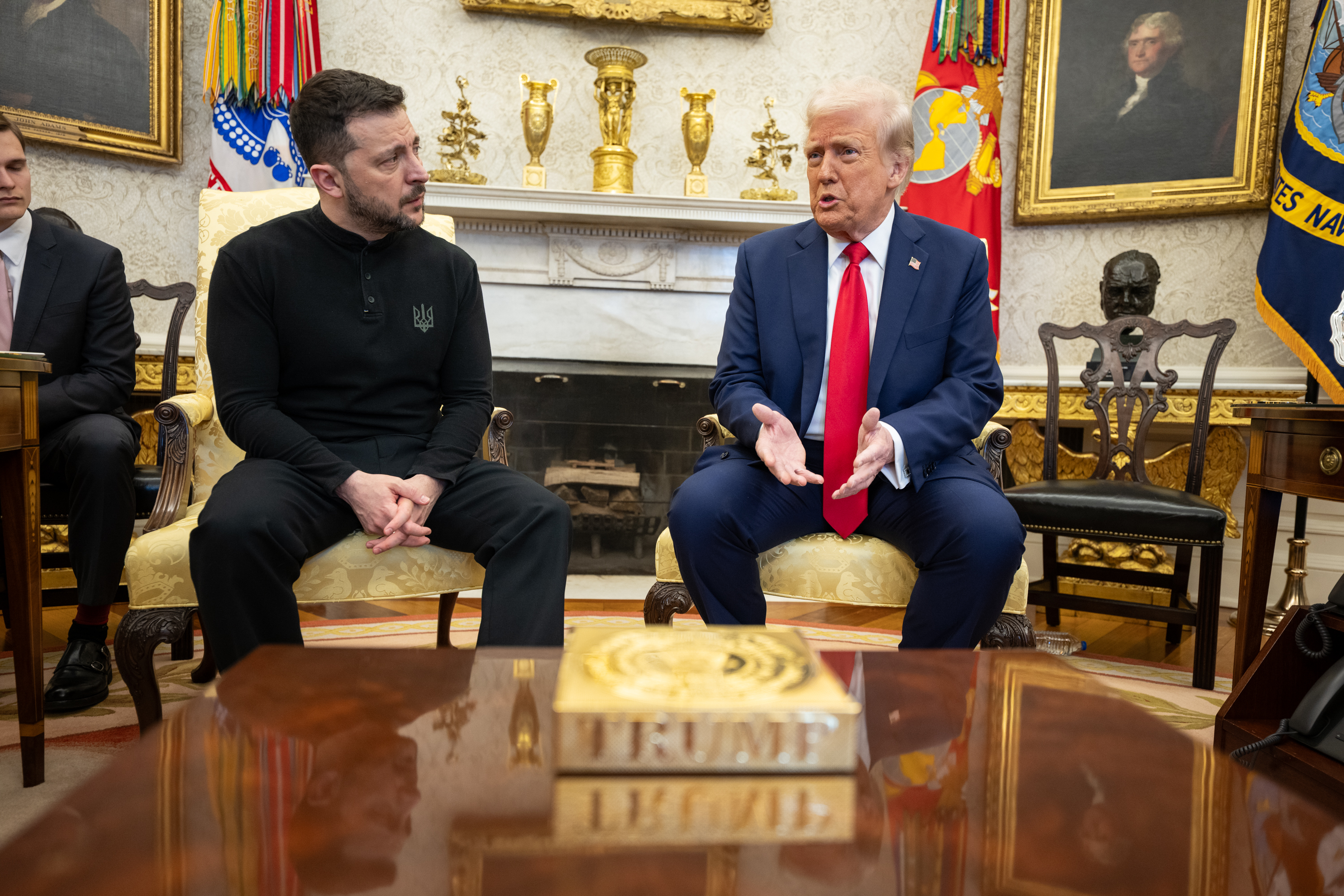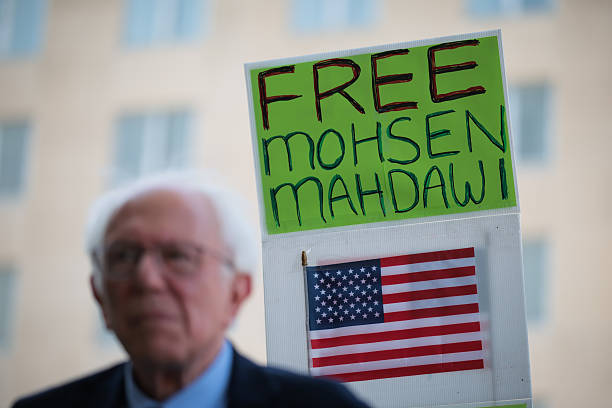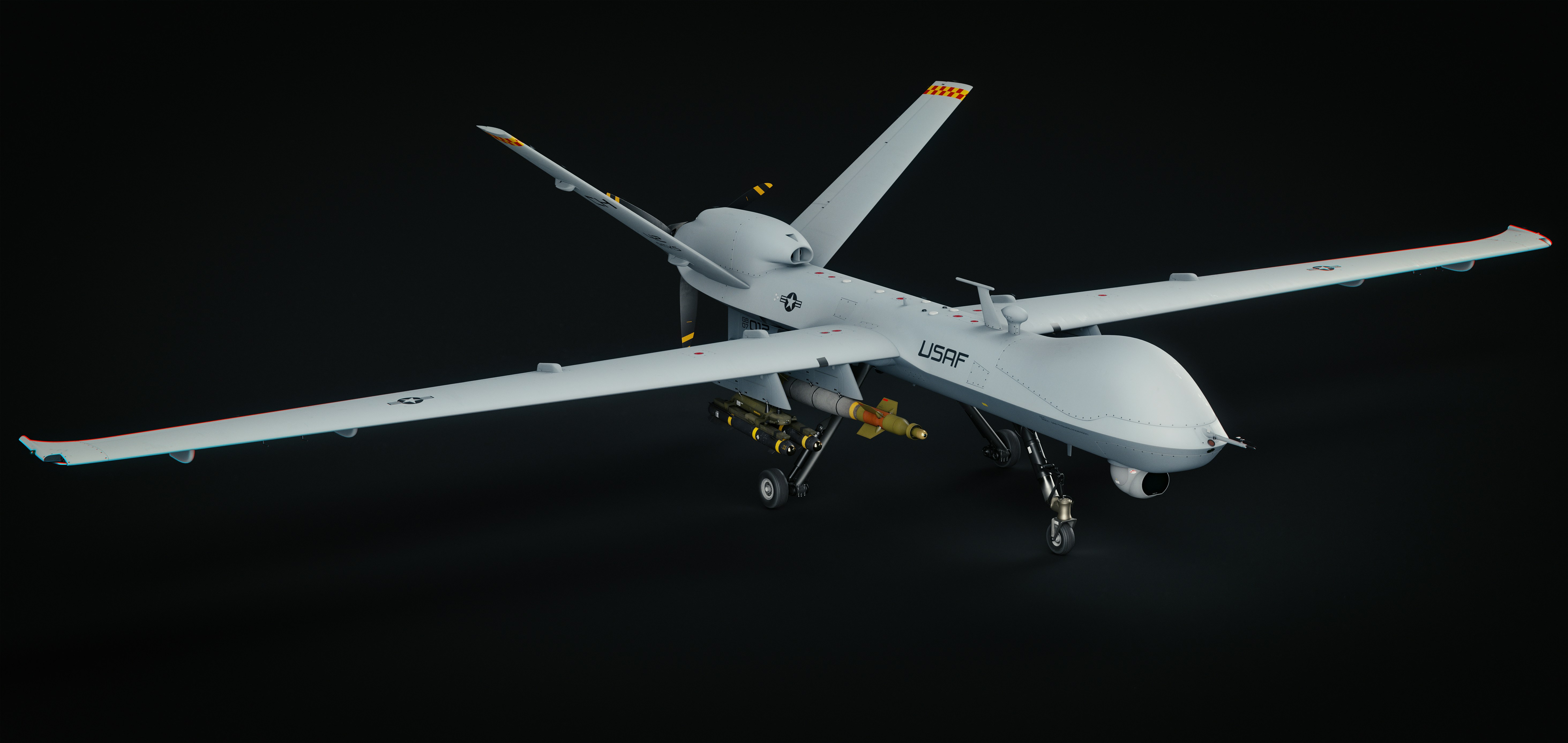SAS soldiers filing class action lawsuit over war crimes report
Australian Special Forces soldiers implicated by Army Reserve Major General Paul Brereton’s Afghanistan Inquiry (the Brereton report) are preparing a class action lawsuit over the effects of the report.

Australian Special Forces soldiers implicated by Army Reserve Major General Paul Brereton’s Afghanistan Inquiry (the Brereton report) are preparing a class action lawsuit over the effects of the report.
“The Australian public and parts of the media were too quick to throw their hands up in the air and believe our soldiers were guilty of war crimes.” Former special forces major Heston Russel remarked. “Now the Taliban is back, they can see the barbarity our soldiers were dealing with.”
Released last November, the Brereton report claimed to have “credible information” detailing multiple war crimes committed primarily by Australian Special Air Service Regiment (SAS) soldiers.
Despite those claims, the investigation yielded no charges. This is pointed to as resulting from the fact that most of the evidence provided to Justice Brereton is inadmissible in court.
After the report was released last year, at least 13 SAS soldiers were sent show cause notices to explain why they should not be sanctioned or have their employment terminated.
Brereton and the limbo of redactions
The Brereton report took four-and-a-half years to compile. After some of the findings were publicly released last year, 19 Australian soldiers were said to have illegally killed 39 people, and “cruelly treated” two others.
One occurrence included in the report especially helped to stoke the public outcry following its release. A 2012 incident, described as “possibly the most disgraceful episode in Australia’s military history” by Inspector General of the ADF James Gaynor, was completely redacted.
Former Army officer and lawyer, Glenn Kolomeitz, spoke to ABC Australia about the redactions, stating, “Redacting names and identifying details from this public report now is likely to not prejudice a future jury or future investigators against any individuals.”
In his comments, Kolomeitz noted that the redactions are in line with the evidence gathered for the report. This is because the inquiry was purely administrative, meaning that witnesses are compelled to give evidence which cannot be used to prosecute them later.
With little evidence to use in court, and a heavily-redacted report being made public, the soldiers were characterized as war criminals and subsequently placed in a position of scrutiny.
Although an Australian Defense spokesperson originally said that, “Each matter and individual circumstance will be considered on a case-by-case basis,” the effects of the report went well beyond individual considerations.
“Warrior Culture”
One of the broadest notions highlighted by the report is a “warrior culture” among Australia’s most elite soldiers. When systematized concepts like “warrior culture” are given serious credence by a report as impactful as Brereton’s, blanketed considerations are yielded, rather than individual.
The “warrior culture” detailed in the report was described by Chief of the ADF Angus Cambell as, “self-centered… a misplaced focus on prestige, status and power, turning away from the Regiment’s heritage of military excellence fused with quiet humility of service.”
Immediately following this description, Campbell said, “I want to emphasize again that the overwhelming majority of Special Forces personnel did not choose to take this unlawful path.”
Without regularly giving updates on the investigations related to the report, the public remains unaware of the most recent developments of it. In Heston Russel’s words, “The Australian public needs to be updated on just how many allegations still stand and how many special forces personnel, if any, are awaiting trial.”
19 soldiers were originally recommended for prosecution by Justice Brereton. Only thirteen of those moved forward in legal processes headed by Defense officials. Eventually, all of these individuals’ charges were either dropped, or those who filed for medical discharge received that instead.
Billionaire Seven West Media chairman Kerry Stokes offered to pay for the legal costs of all of the soldiers accused of crimes and misconduct in the report.
One of the soldiers whose termination was withdrawn is now reportedly in Kabul, assisting in evacuations as the Taliban’s rule further solidifies.






.jpg)
Conversation